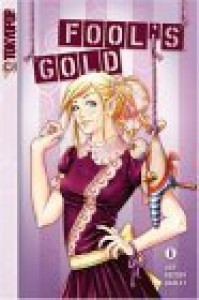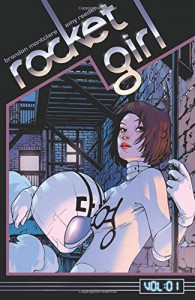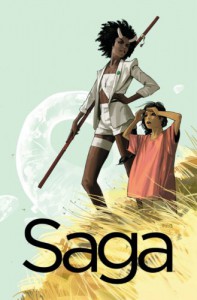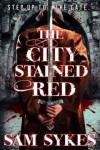East of West, v.2, and Manifest Destiny, v.1
The problem with graphic novels is that once you've read Saga, everything else seems... lesser. These other books have shallow female characters, their plots are thin, and lead characters are morose, overdramatic, and don't sound tough as much as so full of gravitas that humanity drags about their heels.
East of West 2 and the first volume of Manifest Destiny are kind of a mix, suffering from at least one or two of the problems above, but still being engaging enough to feel worth (most of) the ride. The artwork in both is phenomenal -- hyperstylized in the former and reminiscent of Art Adams in the latter -- but I feel spoiled by the richness of Saga's storyline. Saga's promotion of human elements makes everything fantastical seem real. Manifest Destiny, on the other hand, uses a familiar story to bring us in, but there isn't much room for feeling in between its major events. East of West is better, but it is heavy. All the time, heavy. Shakespeare knew tragedy requires lighter moments to work, and I think these guys should read more of him.
Anyway, enjoyable enough. I'll keep reading. But I've been more excited by Ms. Marvel and Rocket Girl lately. It's time for heroes who aren't afraid to drop the tropes once and a while and get on with the business of being human.

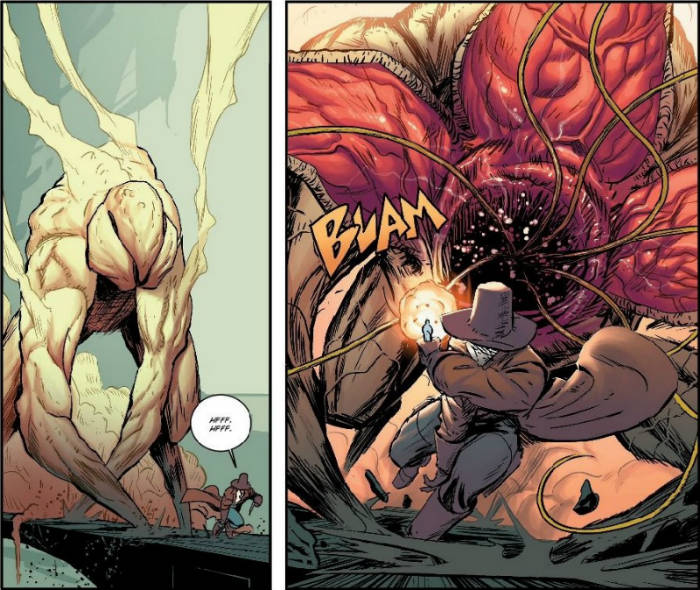


 1
1









